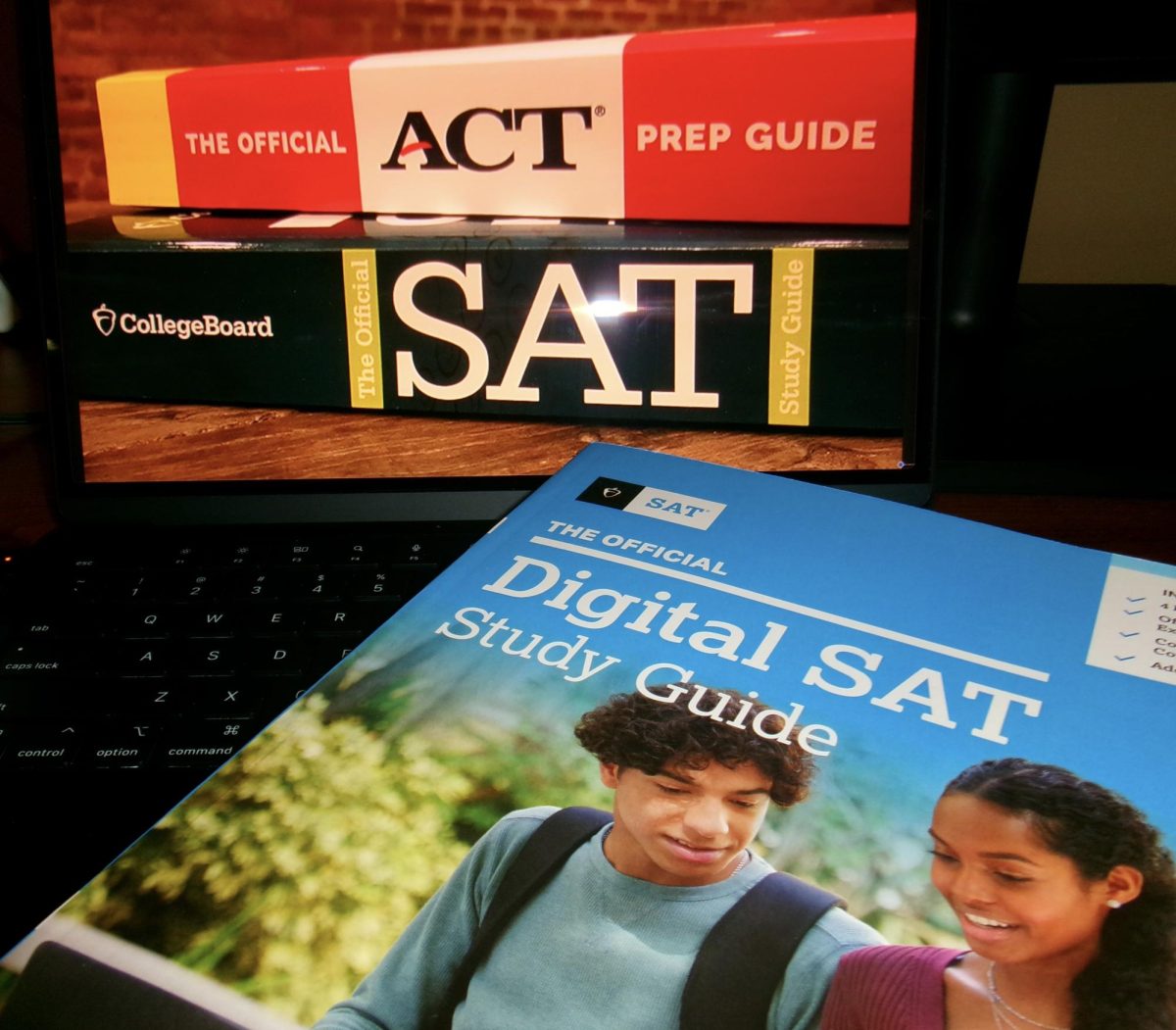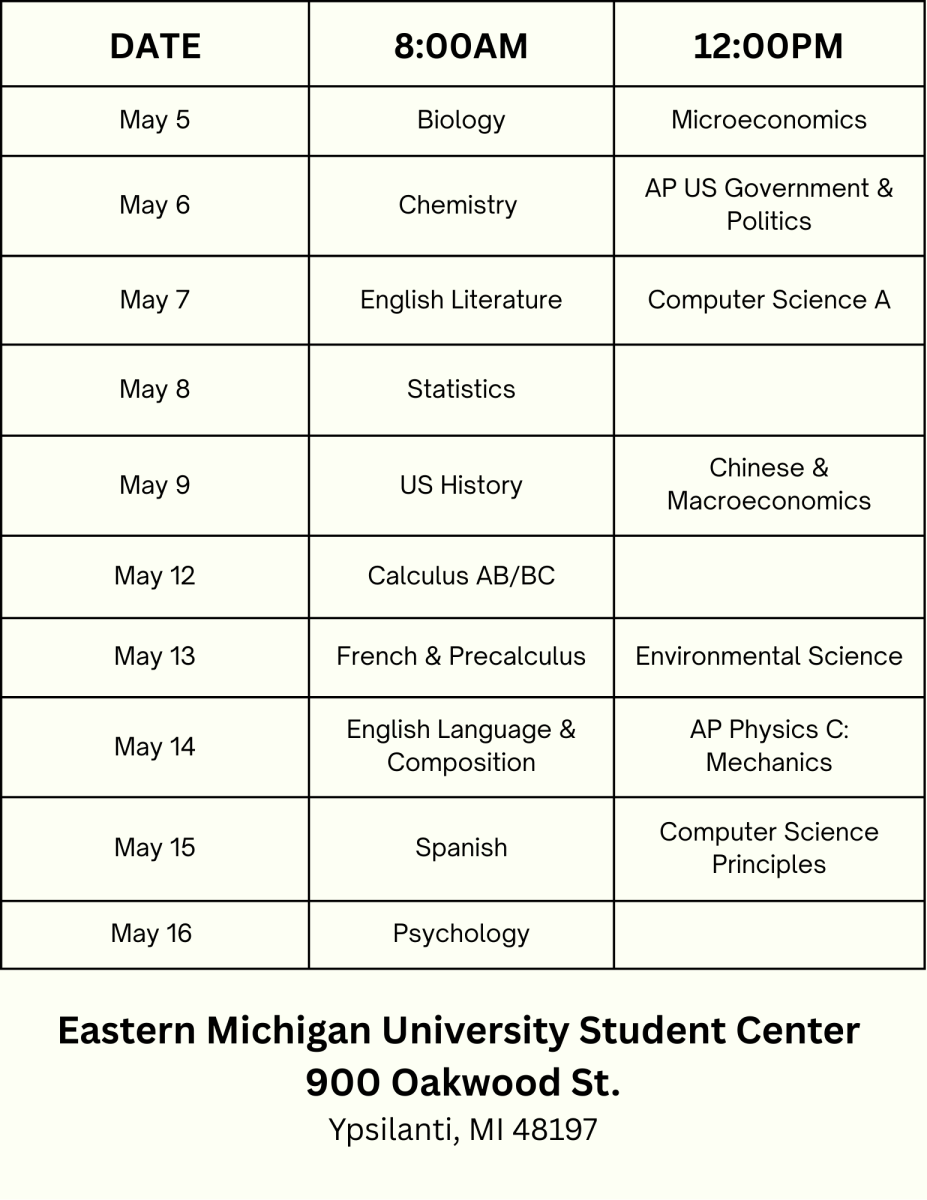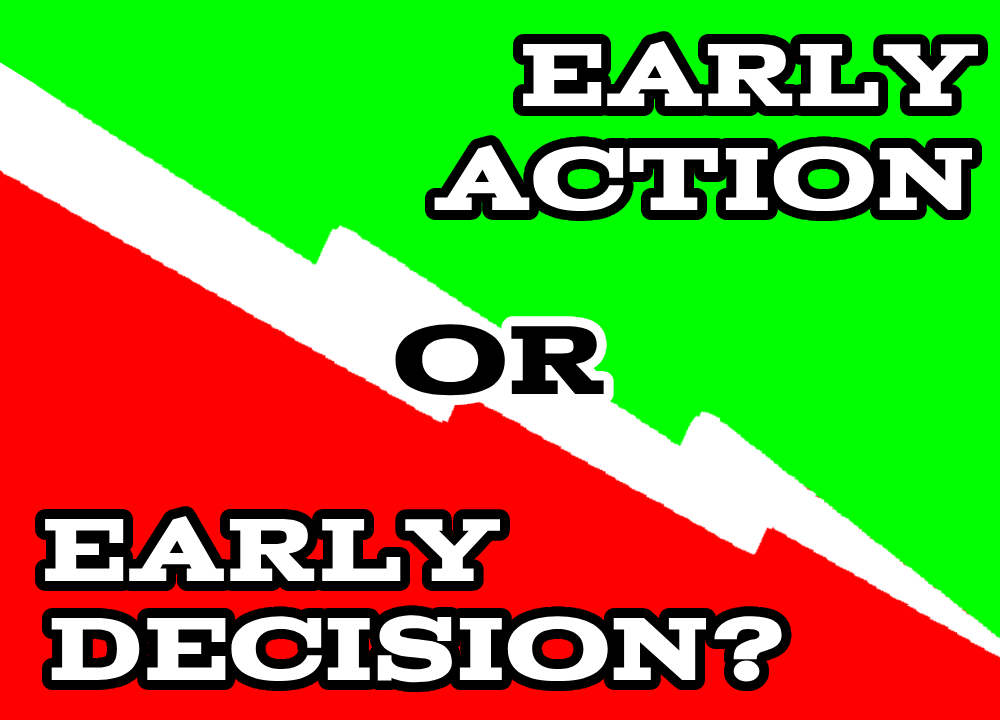“Writing a college essay gets easier as the process continues. The first and most difficult part is finding a snapshot of time that can be used as an interesting and different story to make you stand out as a candidate.
In my Junior year AP Language and Composition class, our third-trimester final was to write the Common App Essay. My teacher explained all the incorrect things to do, which at that point wasn’t helpful because I had no idea what I wanted to write about. I felt that writing about a sport or volunteering was cliche, but didn’t have much about me that stood out compared to other students my age.
I’ve played chess pretty consistently for the past 2-3 years. One time when I was playing, I thought, what if I write my essay about Chess? It’s a game that requires a lot of foresight as well as proactive and reactive thinking.
Next came the other hard part, trying to create a hook that sets the stage for your story and is also simple enough to connect to a conclusion. This was the hardest part for me. I wanted it to be different from everyone else. I tried way too hard to make it perfect and it caused me to get discouraged. I asked my teacher and she said simple is the best start. Once you finish the essay, you can go back and modify it.
Once I finished the introductory paragraph, the story flowed. I was able to connect learning Chess to real life to conclude the essay.” -Graham Unsworth
I’ve always been into games and puzzles, so when my dad came up holding a yellow box I had seen but never touched before, I was intrigued.
“Ever played chess?” he asked.
“No,” was my response. I had never heard of chess before but was willing to try anything.
“Here, I’ll teach you,” he said as he took out the board and pieces and began to set up the game.
He explained the pieces’ functions, their values, and some of the basic rules. He told me chess was a game all about using intuition and thinking ahead. We started to play.
I was confused right away. I had no idea what moves were good or bad. I figured, since the back row pieces were the strongest, I should get them in play early. That was not the right idea. My dad effortlessly forced my prominent pieces into spots where they were trapped, and within 15 moves, I was losing badly. In a last-ditch effort to stall the game, I checked his king before my imminent downfall, as his next move was checkmate.
But I wanted to play again. I wanted to try a different strategy where I pushed the pawns first. I was still unsure, but since moving the pieces in the back left my king alone, I assumed developing pawns could lead to a more structured attack.
The third game’s result was just as poor, even though I lasted a bit longer and even forced him into a situation where he had to lose a rook for one of my knights. That slight improvement made me want to play again, to continue learning and developing. We kept playing. I lost again and again until finally, in a dreadful performance where I lost my queen in the first seven moves, I had lost six straight.
I didn’t care because every game lasted longer, and I picked up the patterns he used to attack. I tried to manipulate my pieces to block moves I thought he was likely to play. While he was repeatedly getting the better of me, my strategy was working more often.
After losing again, my dad gave me a useful tip. “Be patient. Look at multiple possible moves and the effect they have on the game. Moving quickly will only lead to missing the best moves for both of us. Chess is more about countering than attacking.”
I wanted to impress him, so I took his advice and pondered my moves. It didn’t seem to help as I continued to lose, but this lesson stuck with me as I realized it didn’t just apply to chess but to life also.
Countless times, I have thought back to this moment. Over time, I began to realize chess was a fitting metaphor for life. Getting off to a good start is essential, just as every morning is crucial to get out of bed with a positive attitude about the day ahead. The pieces with less numerical value can be just as powerful as the queen, similar to how a small gesture at the right moment can have a considerable impact on someone else.
Today, 10 years later, I still play chess and use this memory to help me slow down and calculate every move I want to make. What I’ve learned most from chess is that every small decision matters. Every action can change the course of your day, week, or month for the better or worse. Just like in chess, thinking before you act is a skill that is crucial in all facets of life.








